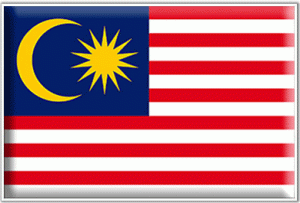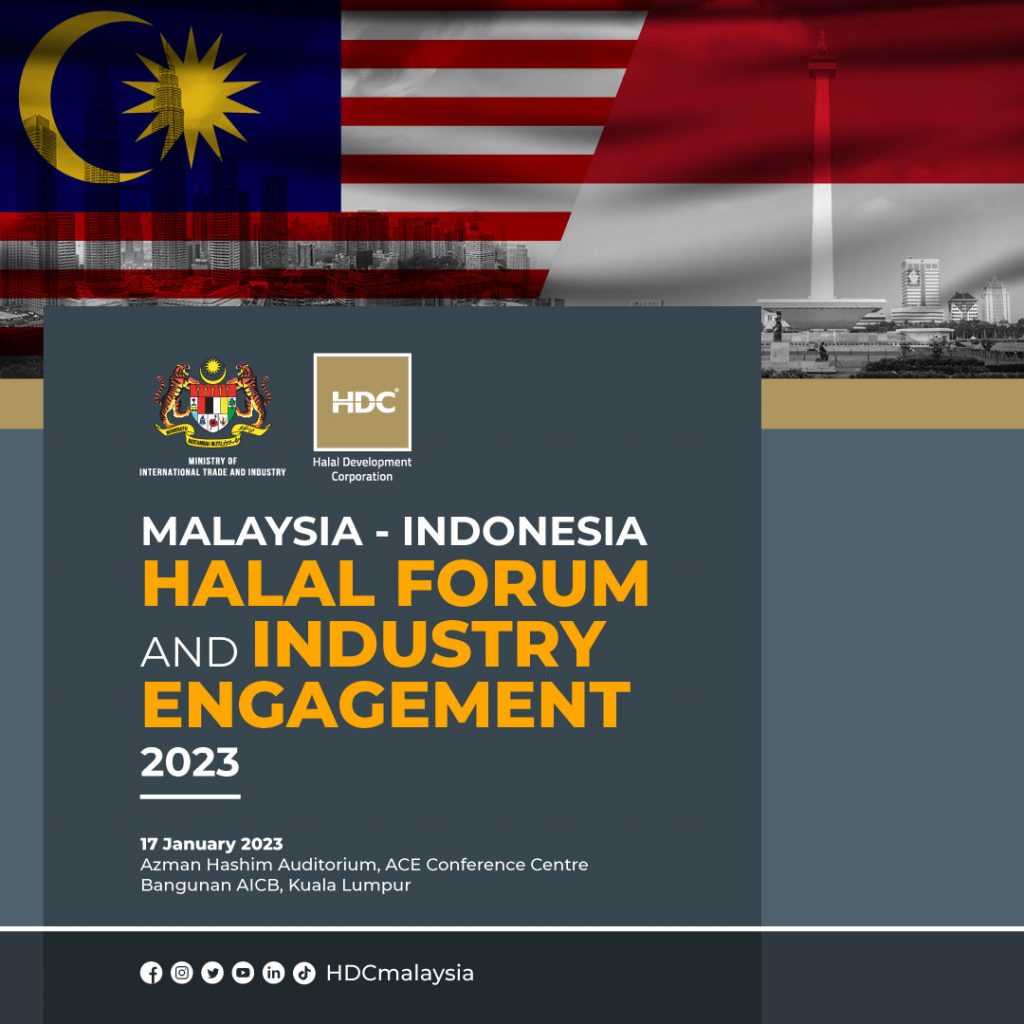KUALA LUMPUR: The government’s RM100 million grant for the Halal industry in Budget 2016 will be used to elevate the  standards of local small and medium enterprises (SMEs), says the Halal Industry Development Corporation (HDC).
standards of local small and medium enterprises (SMEs), says the Halal Industry Development Corporation (HDC).
HDC chief executive officer Datuk Seri Jamil Bidin said the grant is aimed at improving the quality of halal products through attaining halal certification as well as international standards like Good Manufacturing Practice (GMP).
He said the halal industry is expected to contribute 8.5% to the nation’s Gross Domestic Product by 2020, with a major portion coming from the food and beverages sector.
One challenge the halal industry faces now is the inadequate supply of halal products for a growing market, he told reporters at the inaugural Nestle Halal Forum today themed “Malaysia, the Halal Centre of Excellence: A Flourishing Global Market”.
“We are also looking to seriously develop the halal ingredients industry, we could be a big player as no other country in the world is developing it.
“This industry is important for big companies like Nestle because they buy a lot of ingredients and we want to make sure that we develop the halal ingredients industry to serve halal players around the world,” said Jamil.
With the depreciating ringgit adding to the cost of doing business, it is important that Malaysia develops the local supply chain quickly, he said.
Meanwhile, Alois Hofbauer, Nestle’s regional head for Malaysia, Singapore and Brunei, said the company has been working together with HDC for almost five years to develop SMEs to be vendors not only for Nestle but also for other companies, as well as helping the company to identify areas where it could be self-sufficient.
He said Nestle has established the Paddy Club and Chilli Club to help some 500 rural farmers in Kelantan (for chilli) and Kedah and Sarawak (paddy) produce high quality products sustainably not only for Nestle but also other companies.
He said although Malaysia is not an agricultural power house, with the government’s concerted efforts the company could help produce more farmers.
Nestle Malaysia currently exports halal products to 50 countries including in the Middle East and Asean as well as Chile, Brazil and the US, he added.
Malaysia’s halal certification is a competitive advantage as it is recognised globally as a real proof of quality, he said. — Bernama



